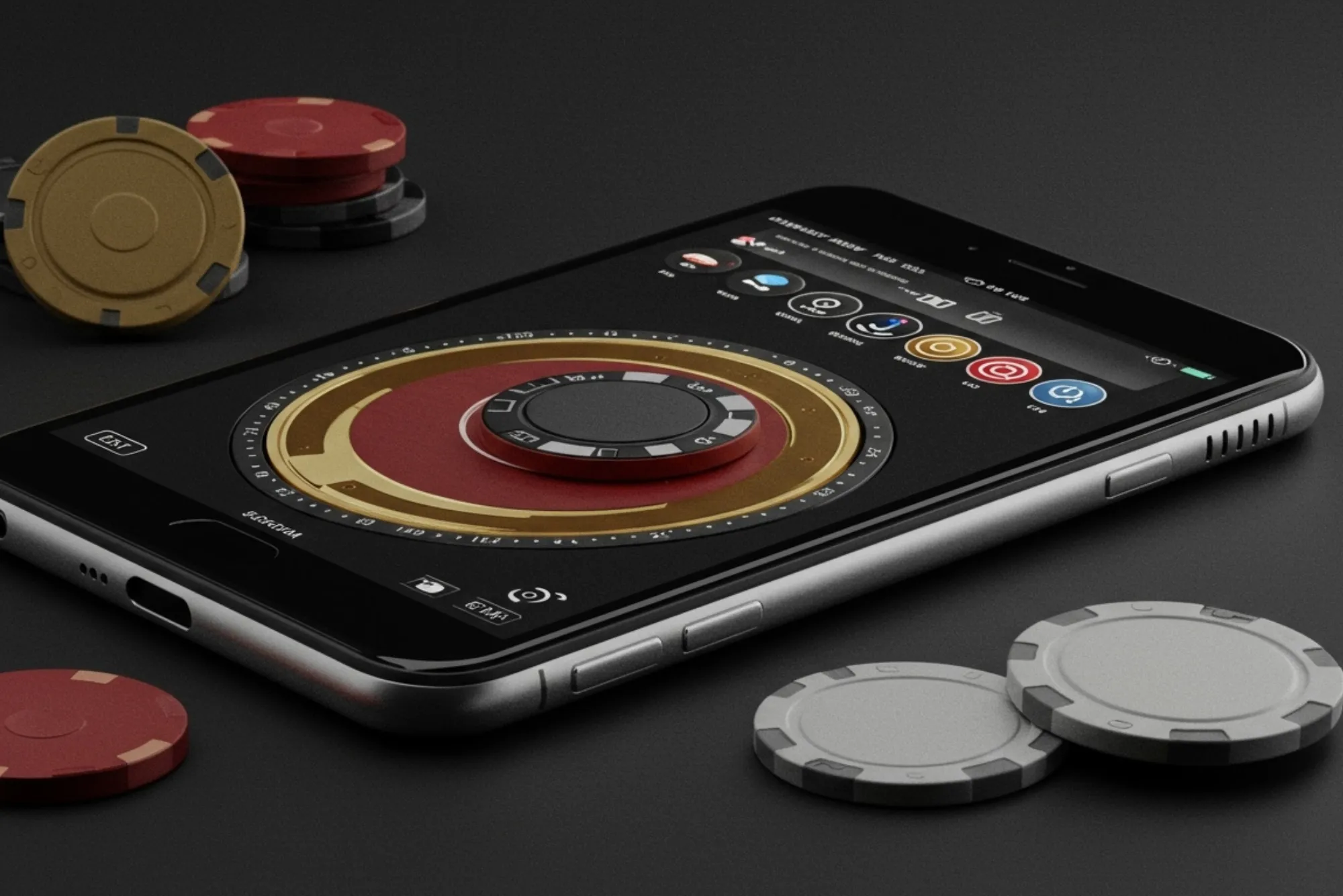Online casinos have evolved into global platforms where players from different continents log in, deposit money, and enjoy games at the same time. But while the internet has made access borderless, money still has borders. Each player brings their own local currency, whether it’s pounds, euros, dollars, or yen. The challenge for online casinos is simple to describe but complex to solve: how do they manage currency conversions so that every player feels at home financially?
As someone who has followed iGaming closely, I’ve seen how much effort casinos put into making payments smooth. After all, the faster and clearer the money flow, the more players trust the platform. Behind the scenes, there’s an intricate system of payment processors, banking agreements, and sometimes even blockchain solutions working together. Let’s dive into how this process actually works.
The Importance of Currency Flexibility
Currency flexibility isn’t just a nice-to-have feature for casinos; it’s critical for their survival in a competitive market. Imagine a player in Germany who wants to deposit €100 but sees the amount displayed only in U.S. dollars. They would hesitate, unsure of how much will actually come out of their account. That confusion can be enough to push them toward another casino that speaks their financial language.
This is why most reputable online casinos now support multiple currencies by default. The goal is to reduce friction: players should be able to deposit, play, and withdraw in their familiar currency without doing mental math. Casinos achieve this through integration with international payment processors that automatically convert funds and display real-time balances in the player’s chosen currency.
Payment Gateways and Real-Time Conversion
When you deposit funds into an online casino, your transaction typically passes through a payment gateway. These gateways connect with banks, card networks, and sometimes e-wallets. If your local currency is different from the casino’s base operating currency, the gateway will trigger a conversion at the current exchange rate.
Here’s where transparency becomes vital. The better casinos show you the exchange rate and any fees upfront. For example, if you’re depositing 1,000 Indian rupees into a casino operating in euros, the system might display that this equals roughly €11.10 at today’s rate. Some casinos even lock in exchange rates for a short window of time so that players aren’t caught off guard by sudden currency fluctuations.
The Role of Digital Wallets and E-Money Services
Services like PayPal, Skrill, and Neteller have become crucial in smoothing international transactions. These e-wallets allow players to hold balances in multiple currencies and often offer better exchange rates than traditional banks. Casinos that integrate with these platforms reduce the headaches of conversion for both themselves and their players.
In many cases, the player’s wallet handles the conversion before the funds even reach the casino. That means the casino receives the correct amount in its operating currency, and the player sees a clean, converted figure with no hidden math.
How Casinos Handle Withdrawals
Depositing money is one thing, but withdrawals often raise bigger concerns. Players want to know exactly how much they will receive in their local bank account or wallet. Online casinos must therefore reverse the conversion process, often adding a second round of exchange rates and fees.
The best platforms strive for clarity by showing the payout in the player’s currency before final confirmation. They also try to process withdrawals using the same method as the deposit. For example, if you deposited in U.S. dollars via Skrill, the withdrawal will likely be processed the same way, keeping everything consistent.
Managing Exchange Rate Risks
Casinos themselves are not immune to currency risks. With thousands of transactions happening daily across dozens of currencies, even small shifts in exchange rates can add up to major differences in their books. To protect themselves, many casinos use financial hedging tools similar to what global corporations use. These tools lock in exchange rates in advance, giving the casino predictable costs regardless of market swings.
Some casinos also set limits on which currencies they support, focusing on the most stable and widely used ones. By narrowing the options, they reduce their exposure to volatile or thinly traded currencies that could create accounting headaches.
The Rise of Cryptocurrencies in Casino Transactions
Over the past few years, cryptocurrencies have added a new dimension to currency management in online casinos. Coins like Bitcoin, Ethereum, and stablecoins such as USDT allow players to bypass traditional exchange rates altogether. A deposit of 0.01 BTC is 0.01 BTC, no matter where in the world you’re playing.
That said, the volatility of crypto prices introduces its own complications. To balance this, many casinos now integrate stablecoins, which are pegged to fiat currencies like the U.S. dollar. This creates a hybrid system where players can enjoy borderless payments without the risk of wild price swings.
In markets like the UK, crypto adoption has grown particularly fast in gaming. Platforms offering services such as crypto casinos uk provide players with both convenience and flexibility. Here, blockchain technology ensures faster processing and removes some of the friction associated with cross-border conversions.
Regulatory Considerations and Compliance
Currency conversion in casinos isn’t just about convenience; it’s also about compliance. Regulators in different jurisdictions require casinos to keep detailed records of transactions, including how much was converted and at what rate. This is especially true for anti-money laundering (AML) checks.
Casinos must ensure their systems track every cent, yen, or rupee moving through the platform. That’s one reason why licensed casinos are safer for international players: they are legally bound to manage conversions in a transparent and accountable way.
Future Trends in Currency Management for Casinos
Looking ahead, we’re likely to see even more innovation in this space. Artificial intelligence is already being used to predict currency fluctuations, allowing casinos to optimize when they convert funds. Some platforms are exploring direct integration with central bank digital currencies (CBDCs), which could eventually eliminate the need for third-party processors altogether.
Meanwhile, players will continue demanding faster, cheaper, and clearer currency solutions. Casinos that keep pace with these expectations will earn trust and loyalty, while those that lag behind will risk losing global players to more forward-thinking competitors.
Final Thoughts
Currency conversion may seem like a minor detail when you’re spinning a slot or playing a hand of blackjack, but it’s the backbone of trust in online gaming. The best casinos understand that players want financial clarity as much as they want entertaining games. By investing in robust payment gateways, digital wallet integrations, crypto options, and transparent policies, they turn a potential barrier into a seamless experience.
For global players, this means that no matter where you log in from, the casino will speak your financial language. Whether you’re paying in pounds, pesos, or tokens on the blockchain, the system is designed to keep your focus where it belongs: on enjoying the game.








